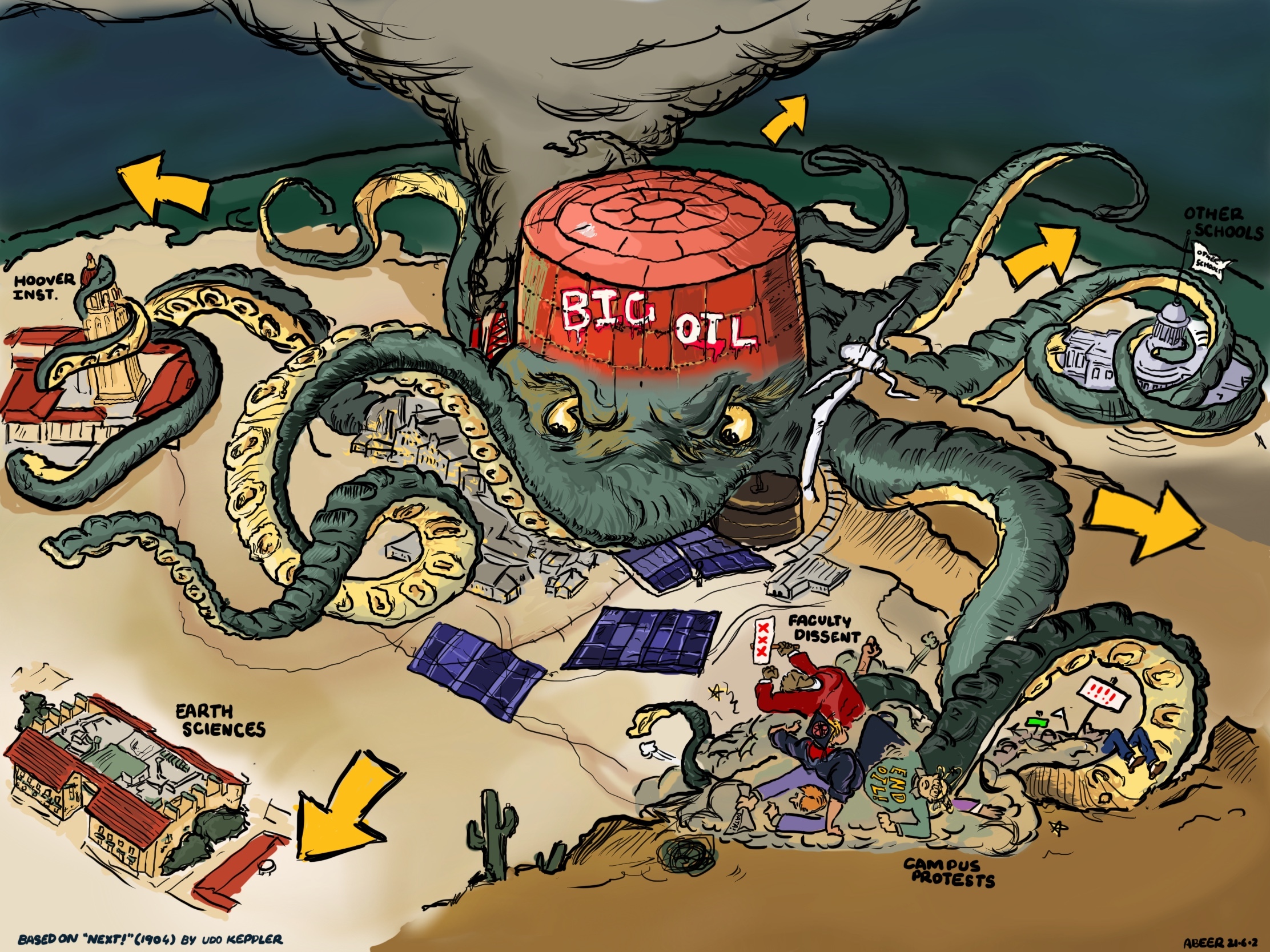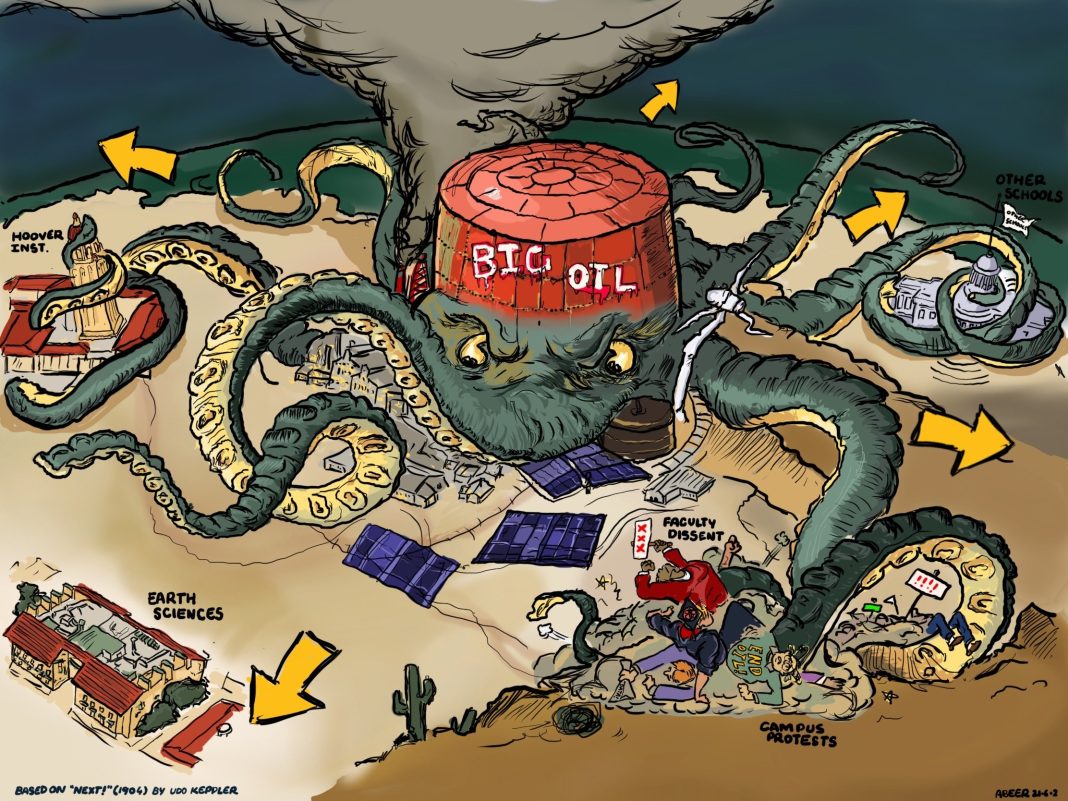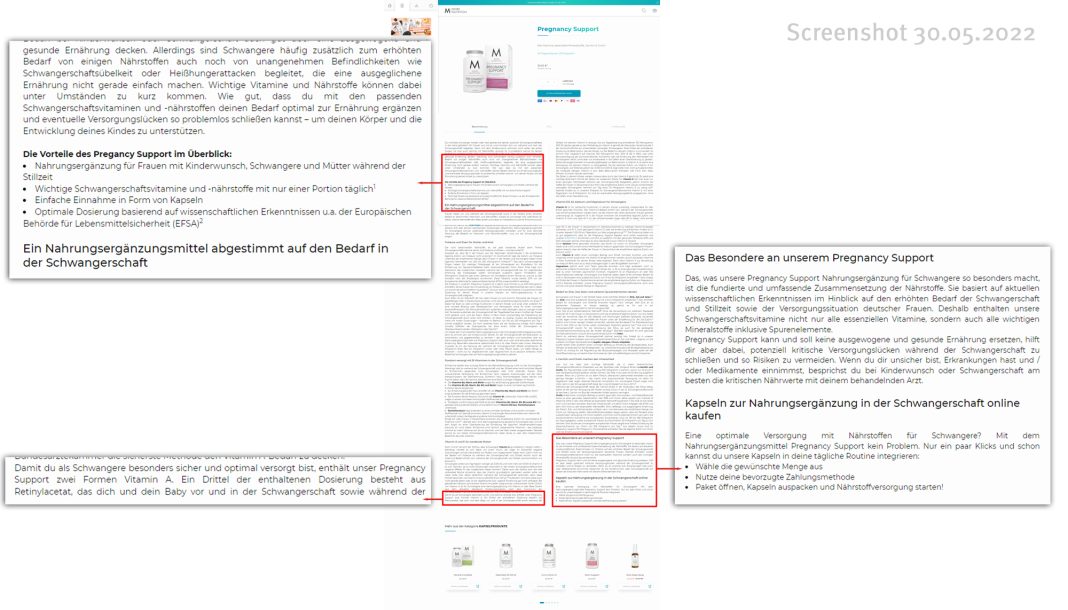 Banks in Australia have come under fire from an environmental advocacy group for allegedly investing billions of dollars in fossil fuel industries. According to a report by Market Forces, the nation’s four largest financial institutions—Commonwealth Bank, ANZ, Westpac, and NAB—have collectively poured $61 billion into fossil fuels since the adoption of the Paris Agreement in 2015. This revelation is particularly concerning as one of the core goals of the Paris Agreement is to limit financial support for fossil fuels and encourage investment in low-emissions alternatives.
Banks in Australia have come under fire from an environmental advocacy group for allegedly investing billions of dollars in fossil fuel industries. According to a report by Market Forces, the nation’s four largest financial institutions—Commonwealth Bank, ANZ, Westpac, and NAB—have collectively poured $61 billion into fossil fuels since the adoption of the Paris Agreement in 2015. This revelation is particularly concerning as one of the core goals of the Paris Agreement is to limit financial support for fossil fuels and encourage investment in low-emissions alternatives.
However, ANZ, the country’s second-largest bank, has raised questions about the report and its findings. The bank’s spokesperson stated that they had “significant questions” regarding the methods used in the report and emphasized that ANZ was not surprised to be mentioned, given its status as the largest lender to the energy sector in Australia. They pointed out that financing the transition to a net-zero economy in the carbon-intensive energy sector would require significant capital.
ANZ also highlighted its efforts to reduce carbon emissions in various sectors. They reported that their financed emissions in power generation, oil and gas, and thermal coal sectors had reduced by 25 percent, 30 percent, and 96 percent respectively between 2020 and 2023. While ANZ acknowledged that there was still progress to be made, they emphasized their commitment to meeting their targets.
Market Forces, however, criticized ANZ for being the biggest funder of fossil fuels among the Big Four banks. Kyle Robertson, a banking analyst representing Market Forces, stated that customers expected banks to take all measures necessary to mitigate climate change and environmental damage. He pointed out that ANZ had invested over $20 million in coal, oil, and gas since Australia adopted the Paris Agreement.
According to Market Forces, 2023 marked the first year that the Big Four banks did not provide direct financing for any new or expanded coal, oil, or gas projects since the adoption of the Paris Agreement. The group also claimed that nearly 70 percent of the fossil fuel lending by these banks went to companies that were not aligned with climate commitments.
ANZ’s spokesperson reiterated the bank’s commitment to its targets and outlined measures in place to ensure clients could fulfill theirs. They stated that ANZ aims to largely exit all thermal coal miners by 2030, with remaining direct exposure primarily related to mining rehabilitation bonds. These bonds are provided to existing customers to ensure their responsibilities in exiting mine sites are fulfilled.
This ongoing debate between environmental groups and the banking industry highlights the complex challenge of balancing financial interests with environmental concerns. While banks like ANZ have taken steps to reduce their emissions and align their financing with climate goals, critics argue that more needs to be done to transition away from fossil fuels completely. As public awareness and pressure on financial institutions continue to grow, it remains to be seen how banks will navigate these competing demands and contribute to a sustainable future.


